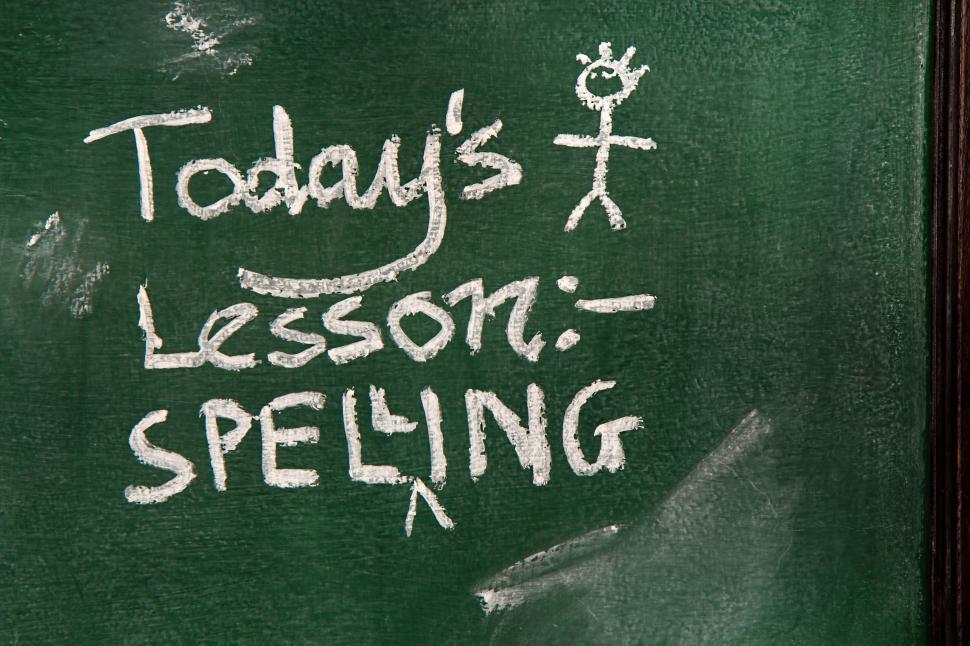Lesson 1: The Basics of English Grammar
In order to master the English language, it is important to understand the basics of English grammar. This includes understanding the parts of speech such as nouns, verbs, adjectives, and adverbs and understanding how they function in a sentence. We will also cover sentence structure, including subject-verb agreement and word order.
Lesson 2: Vocabulary Building
Building a strong vocabulary is important when learning English. We will cover common English words and phrases, how to use a dictionary and thesaurus, and how to acquire new words through reading and listening.
Lesson 3: Speaking and Listening Skills
To communicate effectively in English, it is important to develop strong speaking and listening skills. This lesson will cover pronunciation, intonation, and common conversational phrases. We will also discuss active listening and how to effectively communicate in different settings.
Lesson 4: Reading and Writing Skills
Reading and writing skills are important for understanding and expressing ideas in English. We will cover strategies for reading comprehension, such as predicting, summarizing, and analyzing. We will also discuss different types of writing, including essays, emails, and reports, and strategies for improving writing skills.
Lesson 5: Culture and Etiquette
Understanding English-speaking cultures and etiquette is important when communicating with others. This lesson will cover cultural norms, expressions, and customs. We will also discuss common etiquette rules in different settings, such as business meetings and social gatherings. This knowledge will help you communicate more effectively and avoid cultural misunderstandings. Lesson 1: Introduction to English
Welcome to your first English lesson! English is a very important language that is spoken all around the world. In this lesson, you will learn the basic English phrases that you will use every day. Let’s get started!
First, let’s learn how to greet someone in English. When you meet someone, you can say “Hello” or “Hi” to start a conversation. You can also ask “How are you?” to ask how the other person is feeling.
Second, let’s learn how to introduce ourselves. You can say “My name is ____” to tell someone your name. You can also ask “What is your name?” to ask for their name.
Third, let’s learn some basic English words and phrases that you will need every day. These include:
– Yes
– No
– Please
- Thank you
– Excuse me
– Sorry
Practice using these words and phrases every day. They are very useful and will help you communicate with others in English.
Lesson 2: Basic Grammar
In this lesson, you will learn the basic grammar rules in English. Grammar is very important in English, as it will help you form sentences correctly.
First, let’s learn about subject-verb agreement. In English, the verb must agree with the subject. For example, if the subject is “I”, then the verb must be ”am”. If the subject is “they”, then the verb must be “are”.
Second, let’s learn about articles. Articles are words that are used before a noun. In English, there are two articles - “a” and “an”. ”A” is used before a noun that starts with a consonant, while “an” is used before a noun that starts with a vowel.
Third, let’s learn about verb tenses. In English, there are three main verb tenses – past, present, and future. The past tense is used to talk about something that happened in the past. The present tense is used to talk about something that is happening now. The future tense is used to talk about something that will happen in the future.
Practice using these grammar rules in sentences. It may feel difficult at first, but with practice, you will get better at forming correct sentences.
Lesson 3: Vocabulary Building
In this lesson, you will learn how to build your English vocabulary by learning new words and phrases.
First, let’s learn some English vocabulary related to daily life. These include words related to food, clothing, transportation, and activities. For example, you can learn words like ”breakfast”, “dinner”, “shirt”, ”jacket”, “car”, “bus”, “swimming”, “reading”, and so on.
Second, let’s learn how to use synonyms. Synonyms are words that have the same or similar meanings. For example, you can use the word “happy” or ”joyful” instead of “glad”, or the word “big” or “large” instead of “huge”.
Third, let’s learn how to use idioms. Idioms are phrases that have a special meaning that cannot be understood from the words themselves. For example, the idiom “break a leg” means “good luck” in English.
Practice using these new words and phrases in your daily conversation. You can also watch English movies or TV shows to learn new words and expressions. Keep practicing and you will become more fluent in English.
